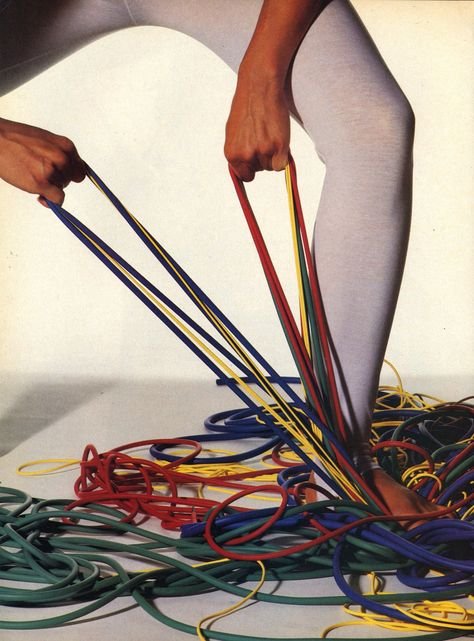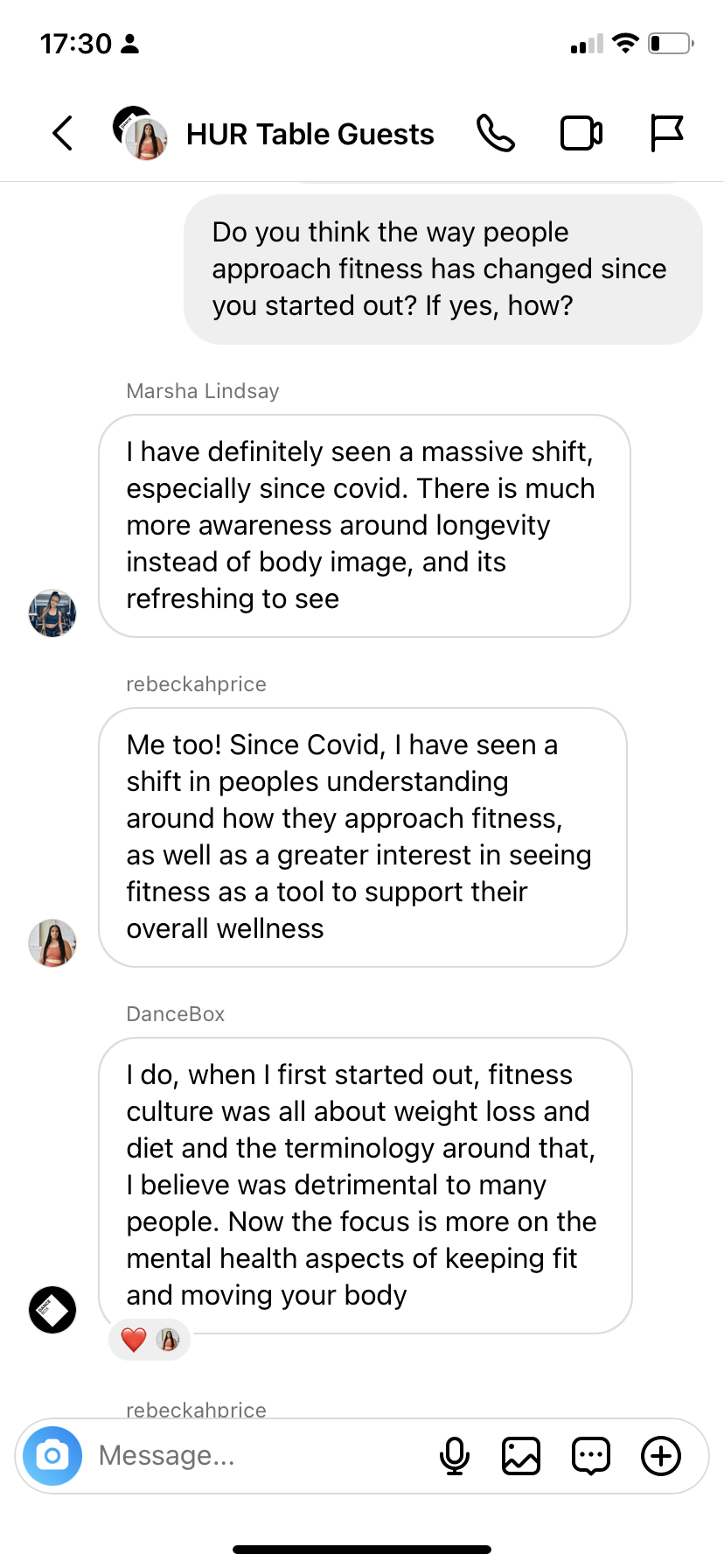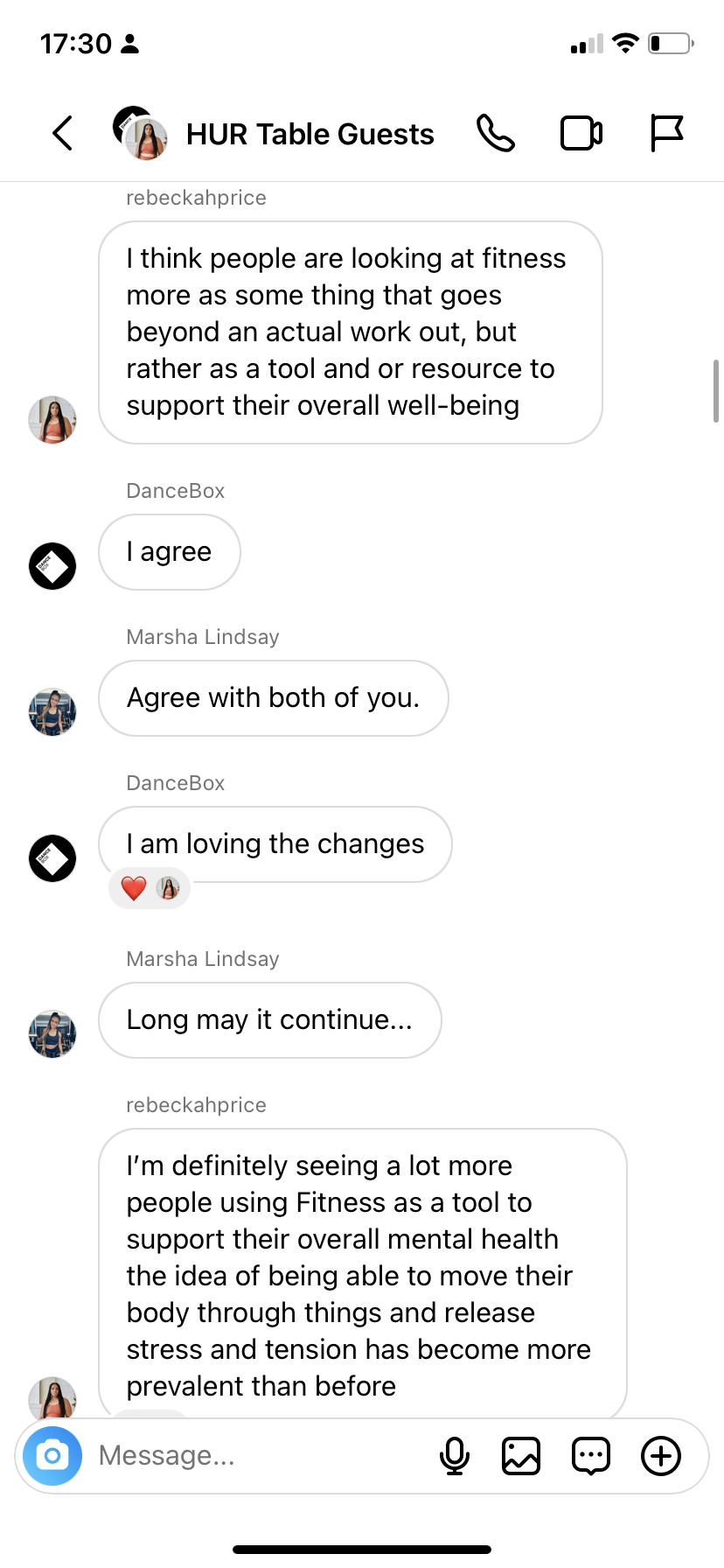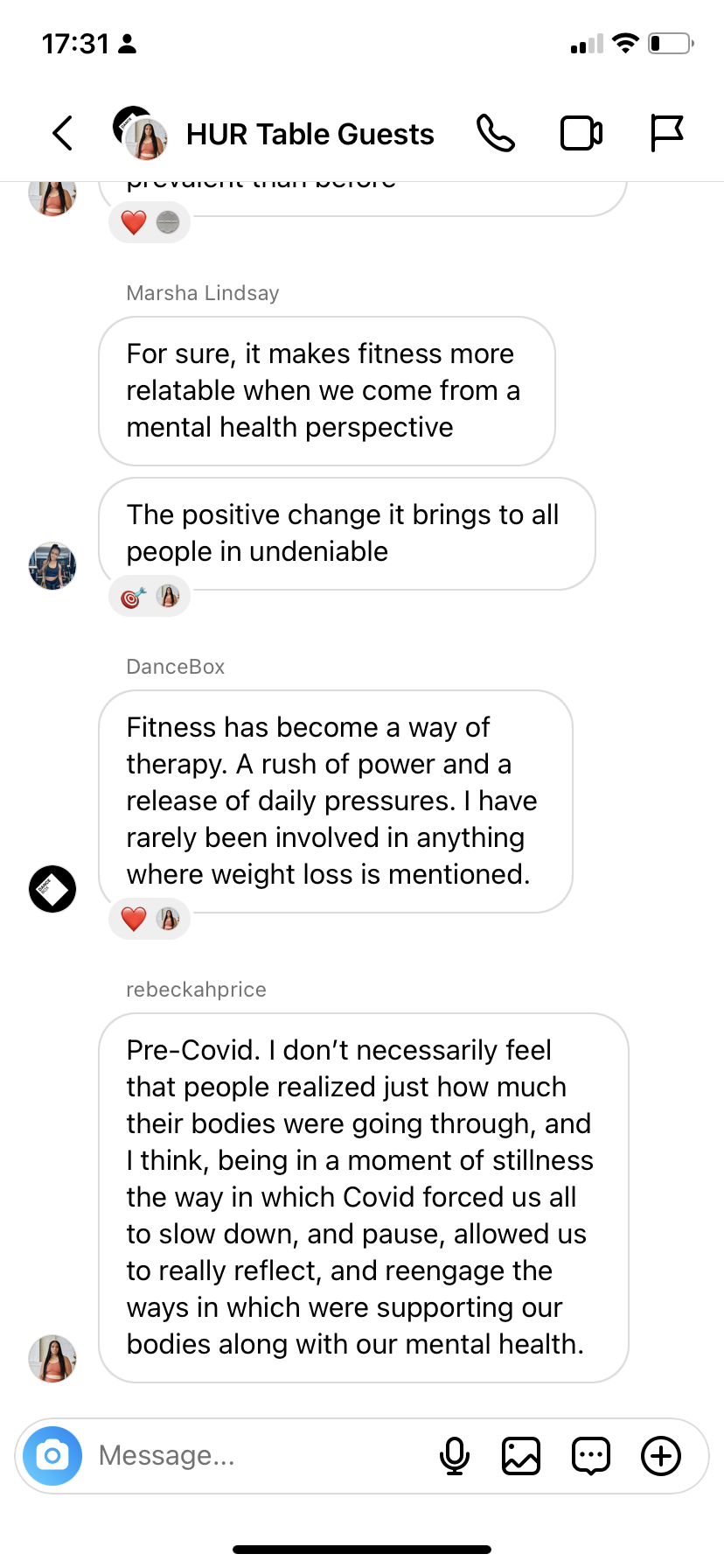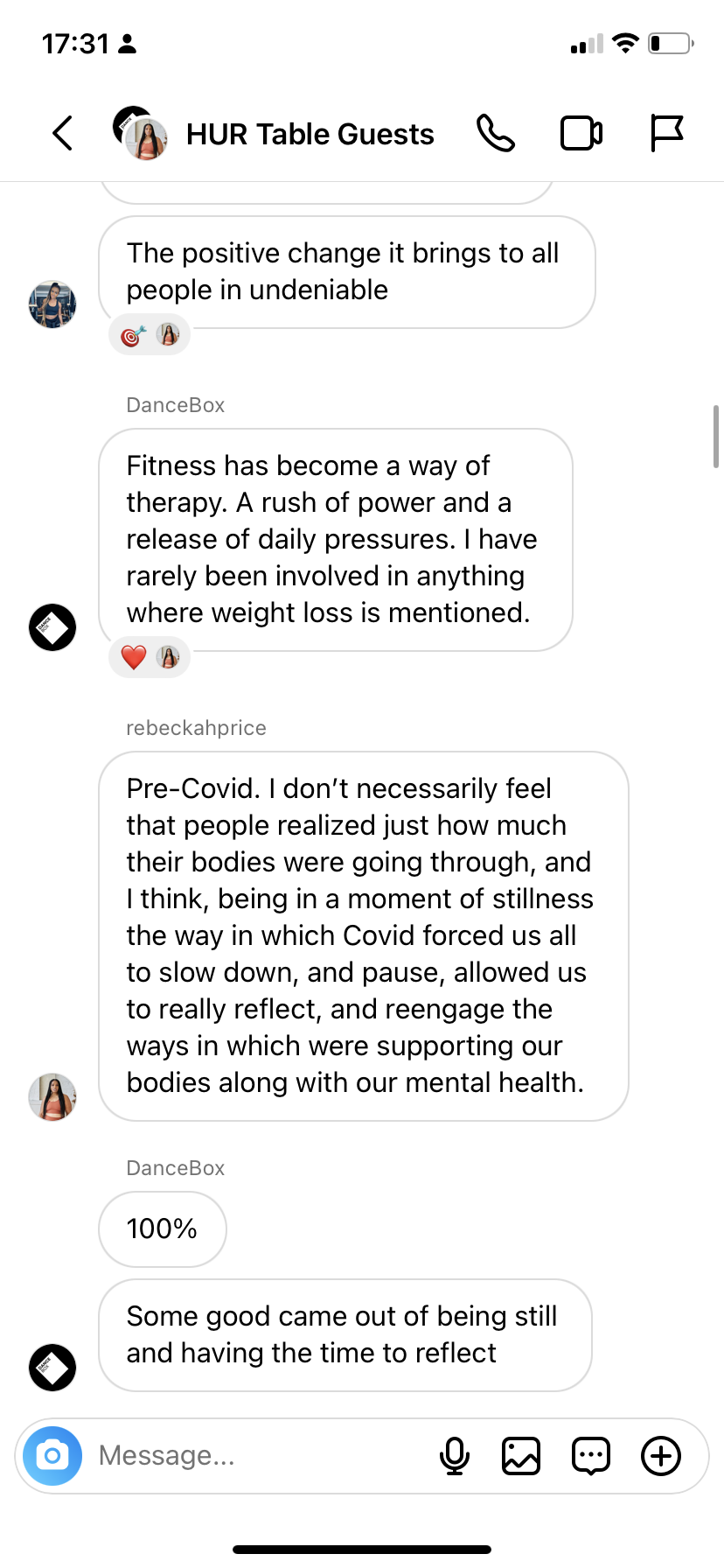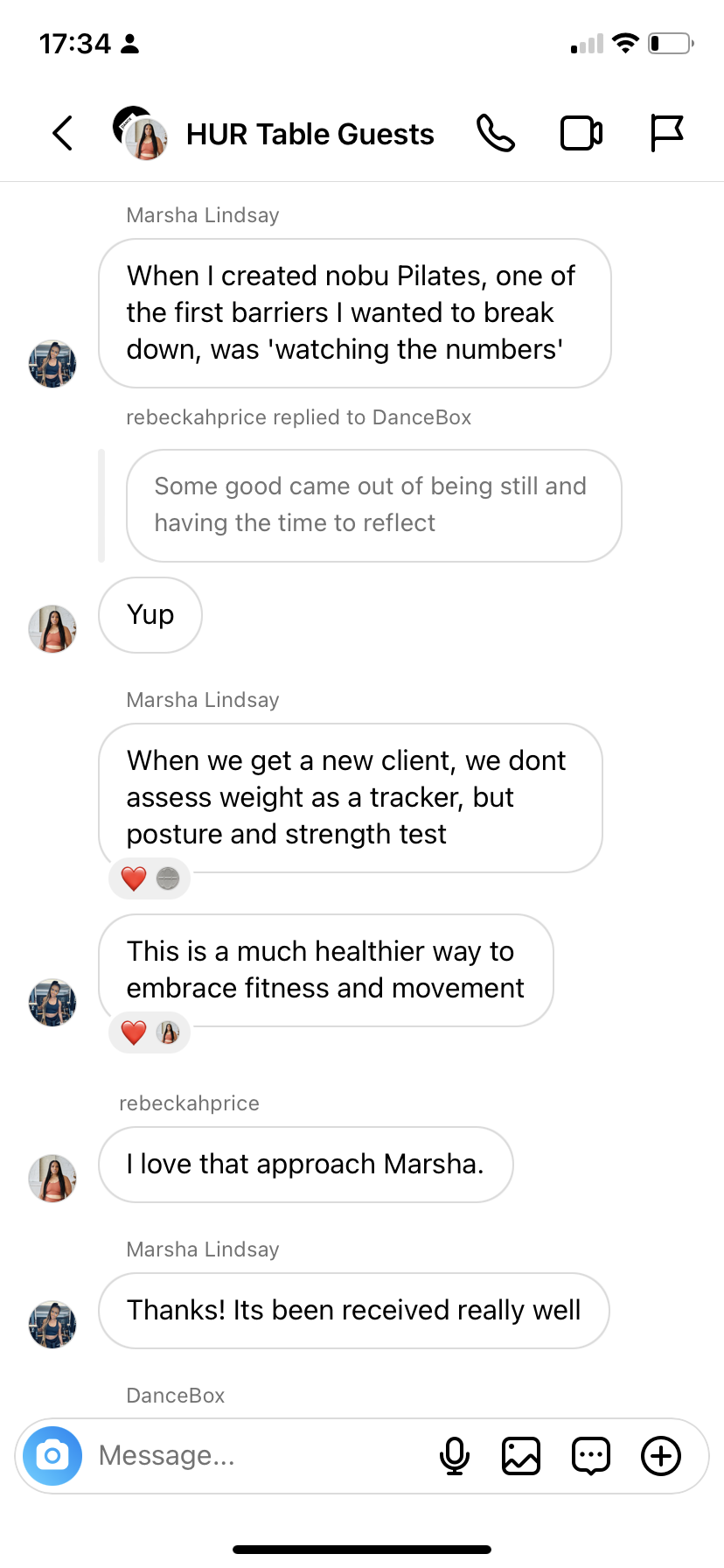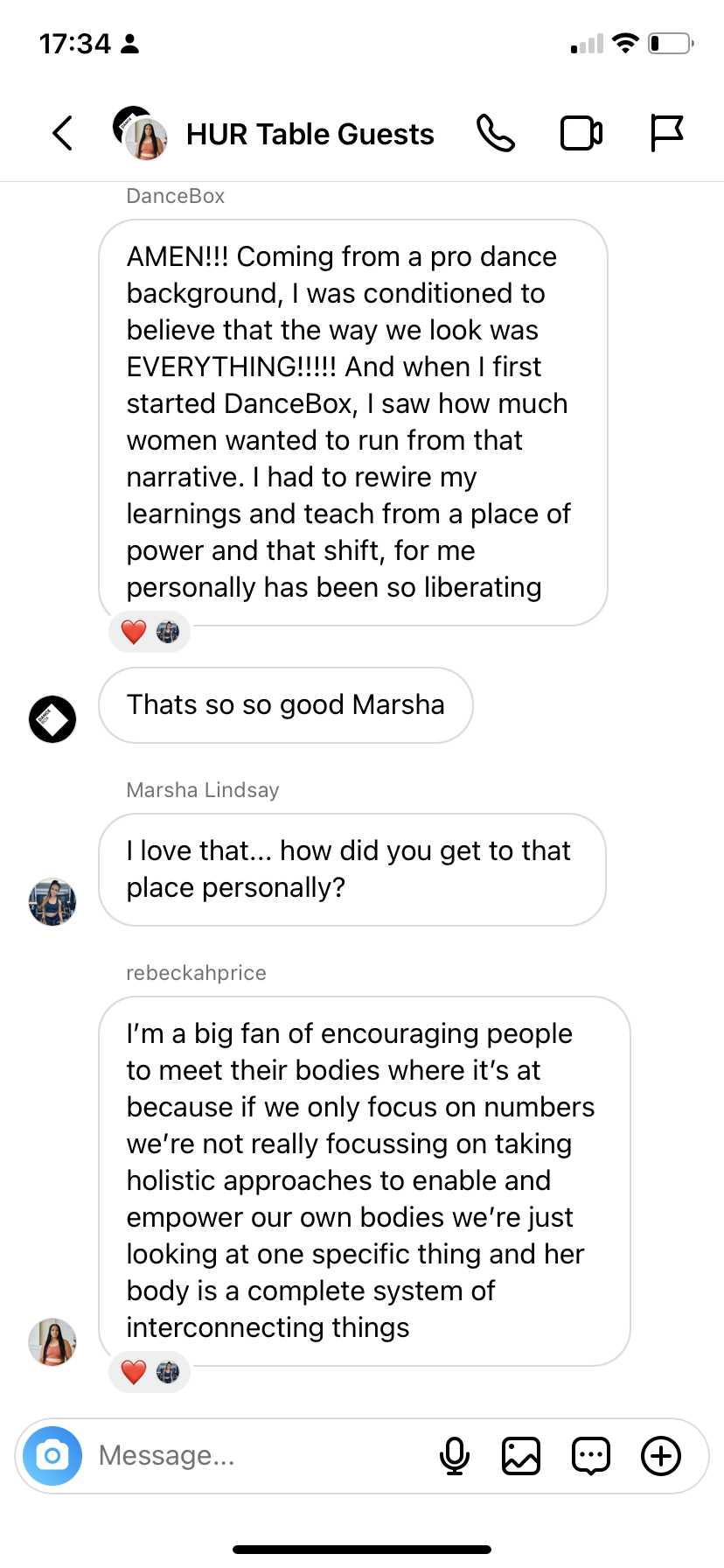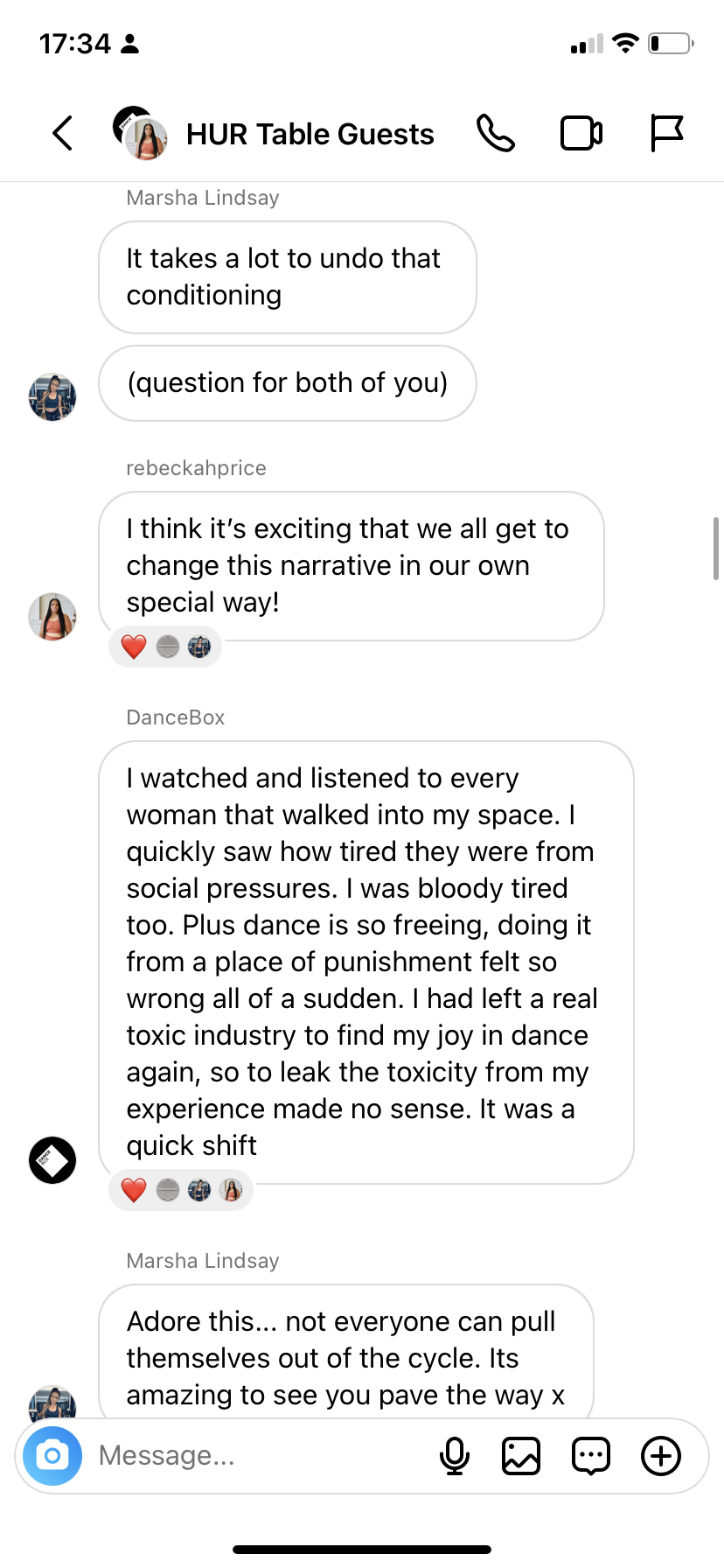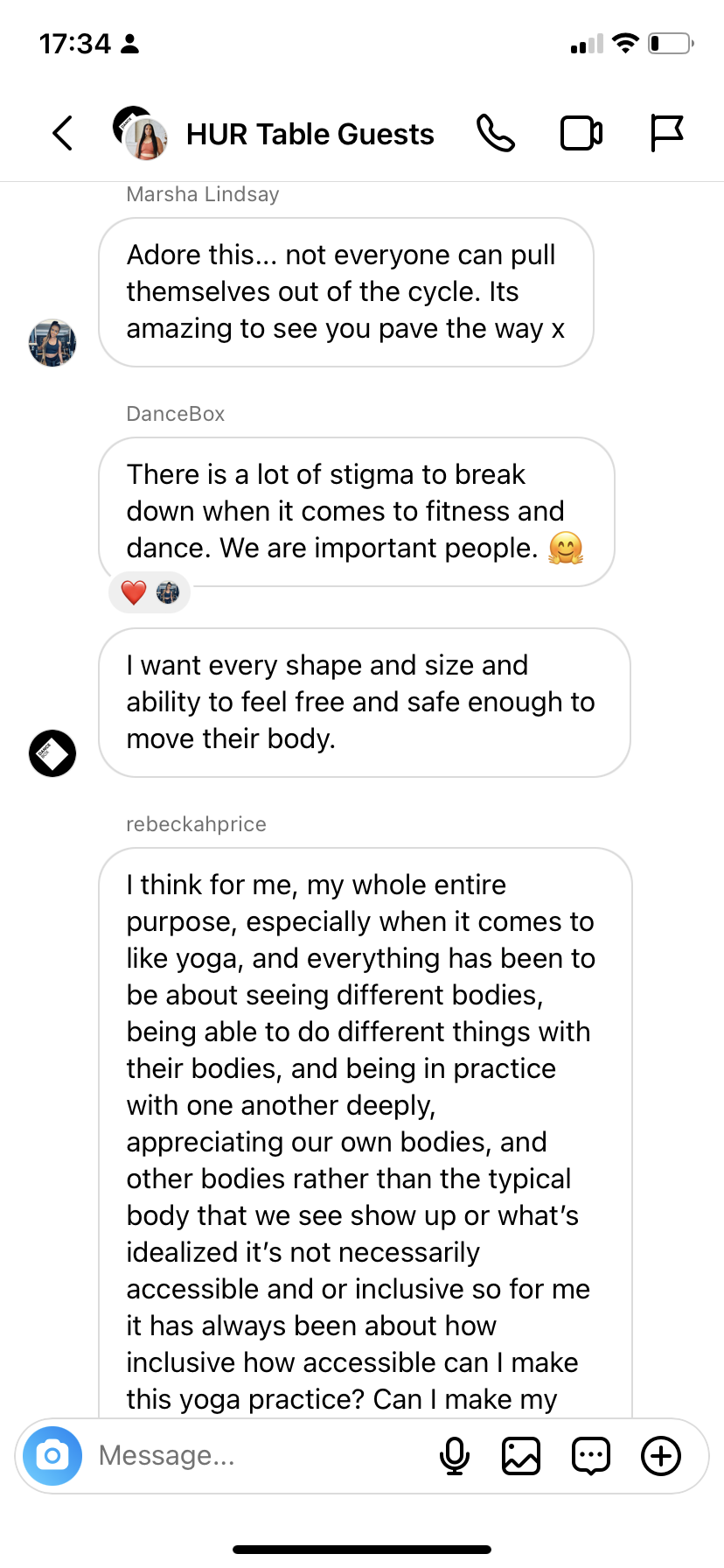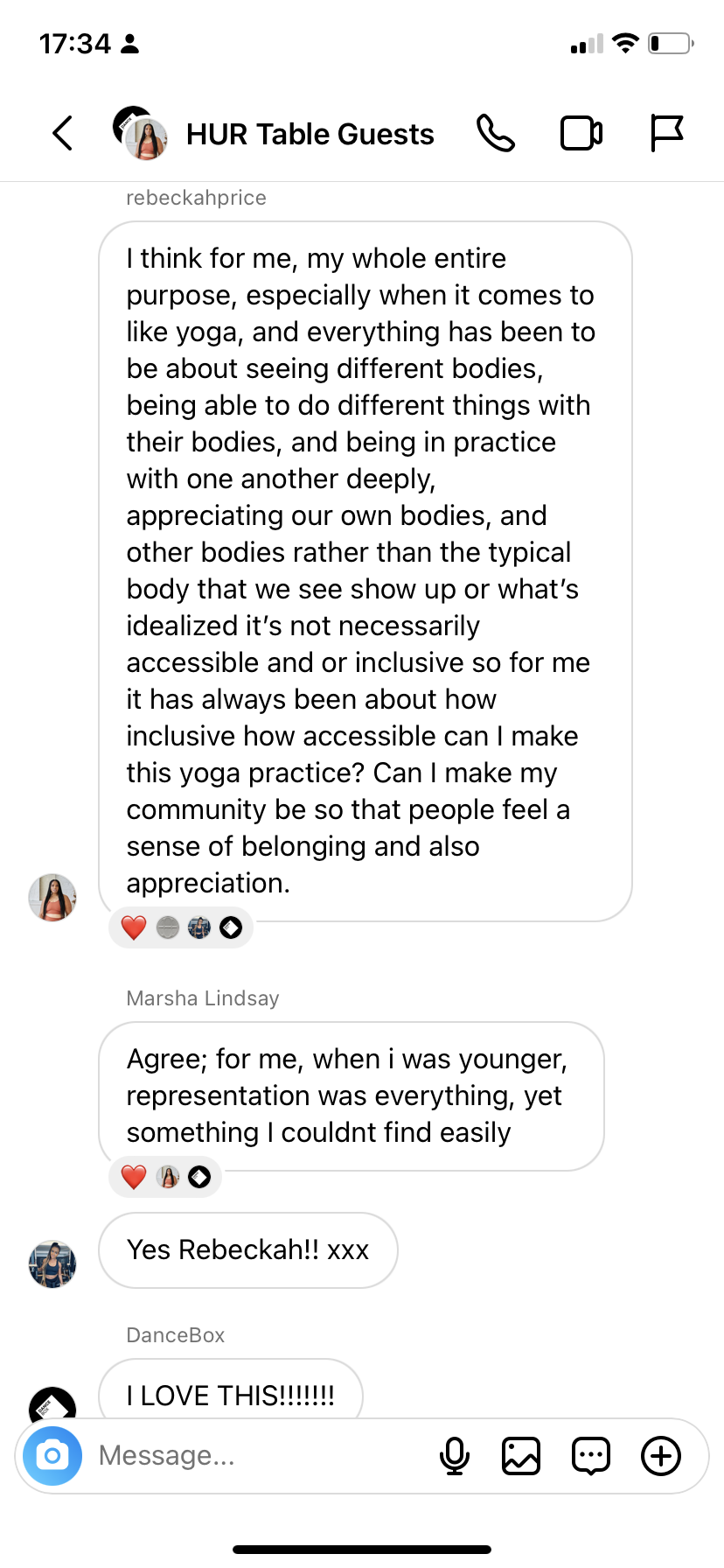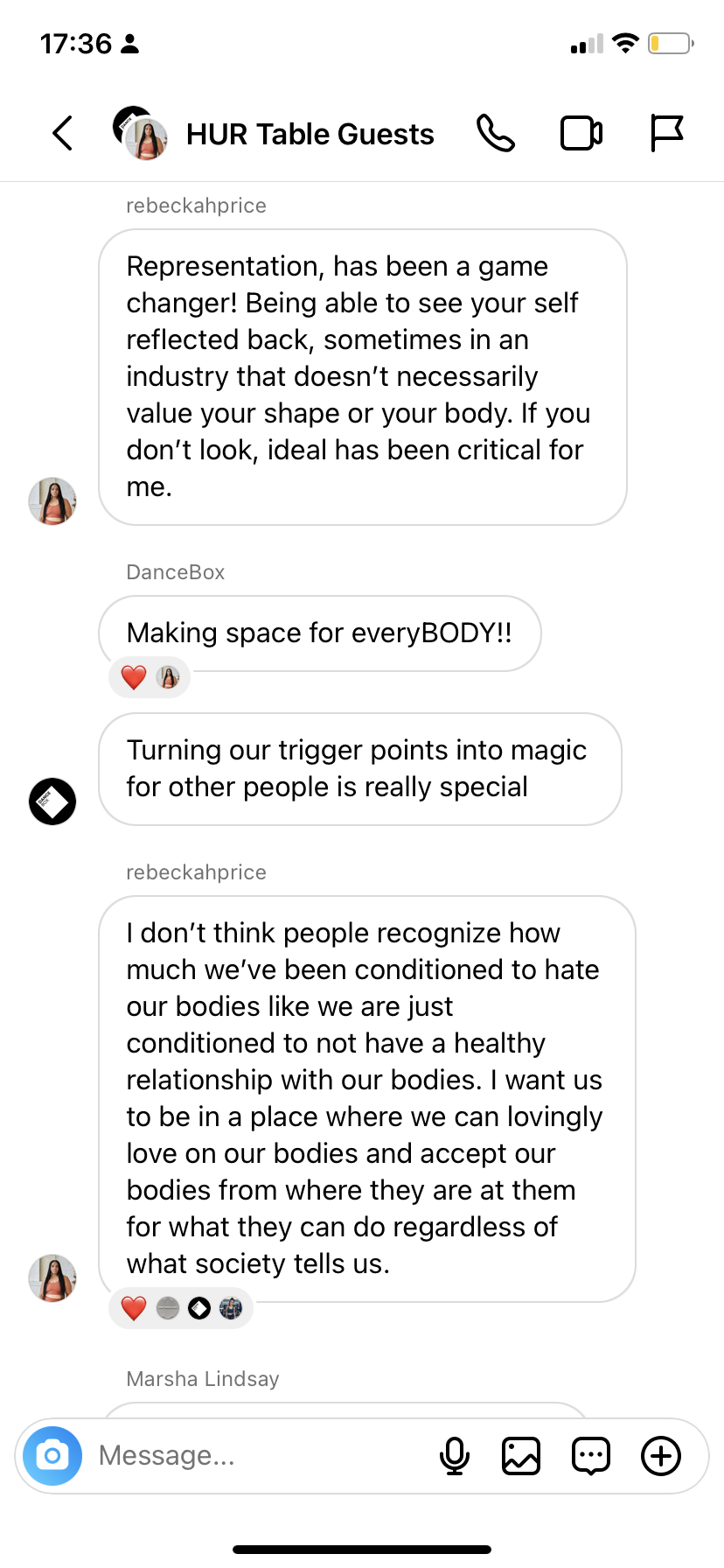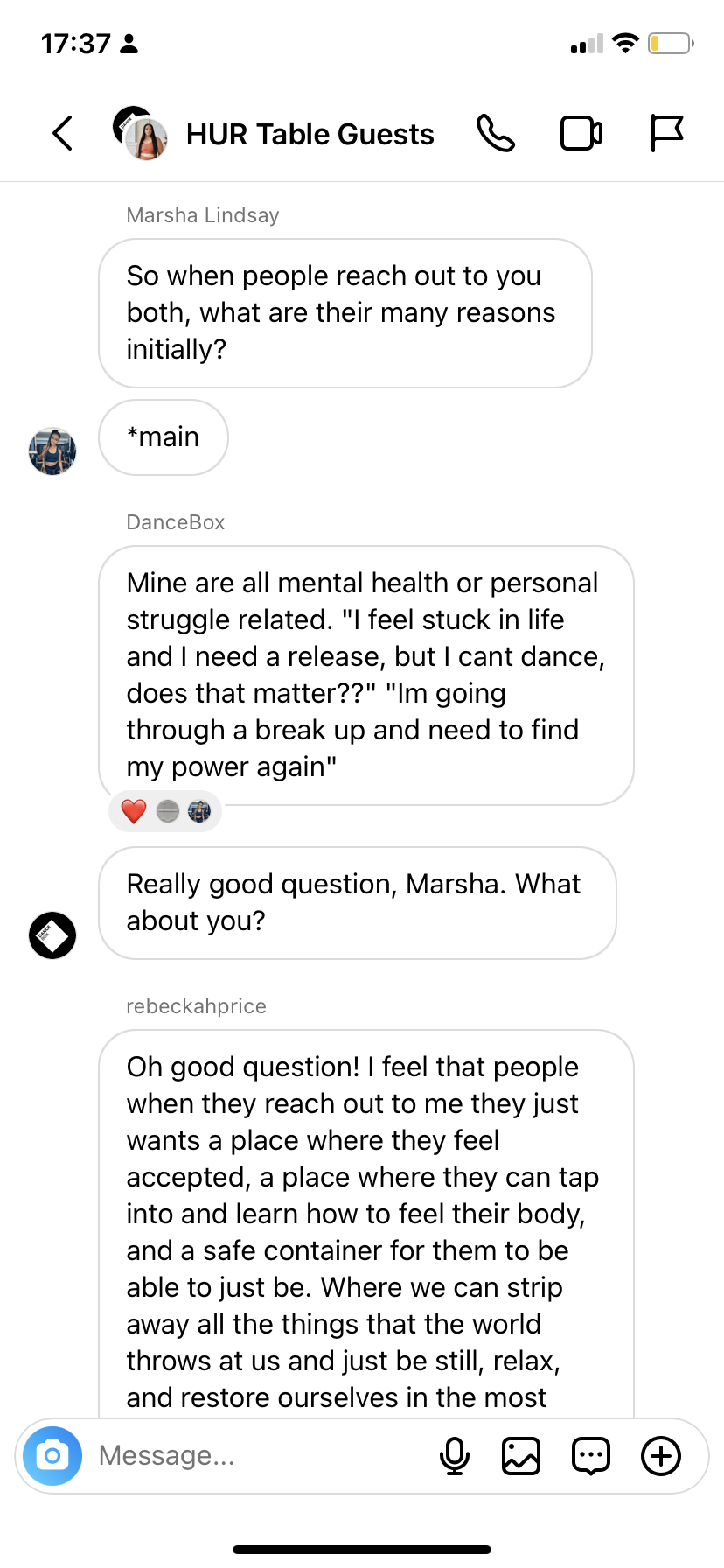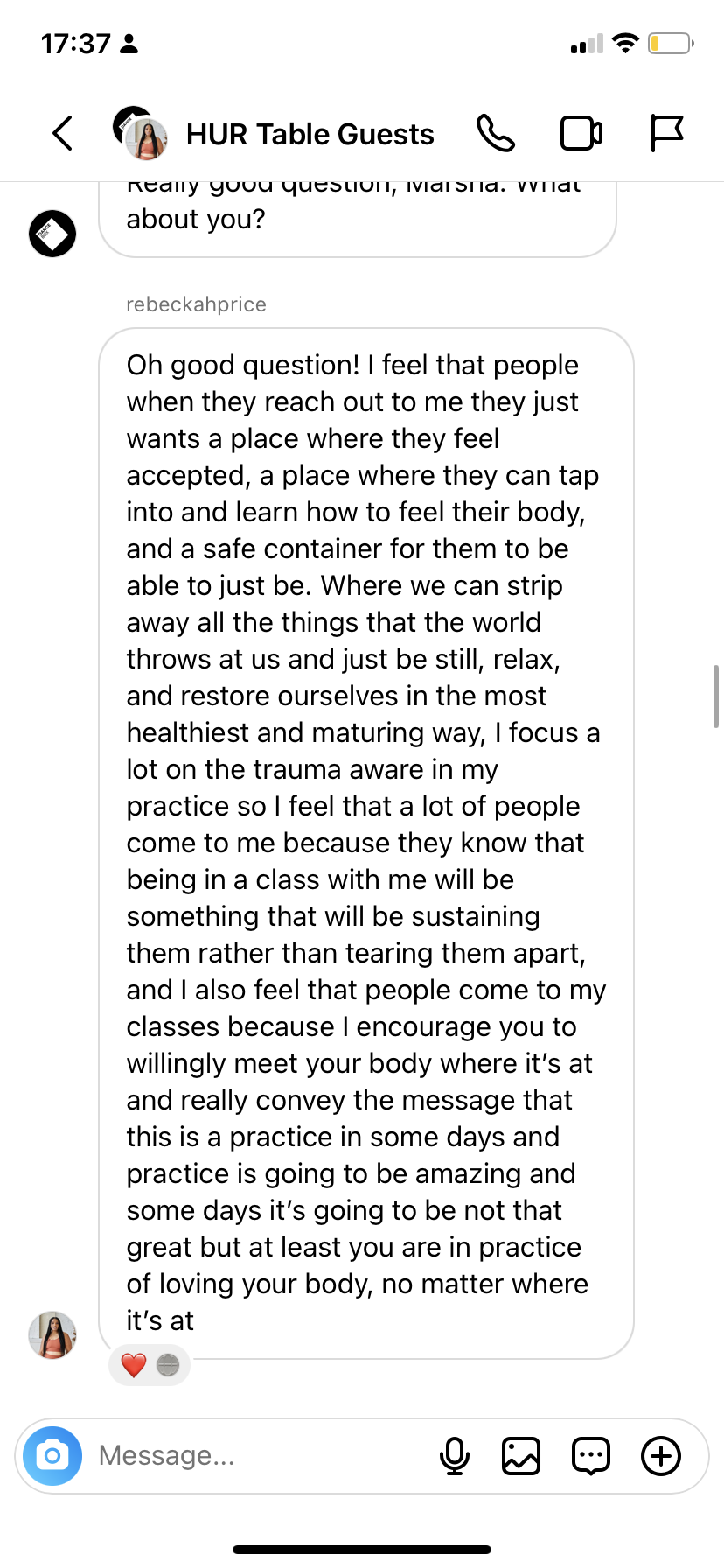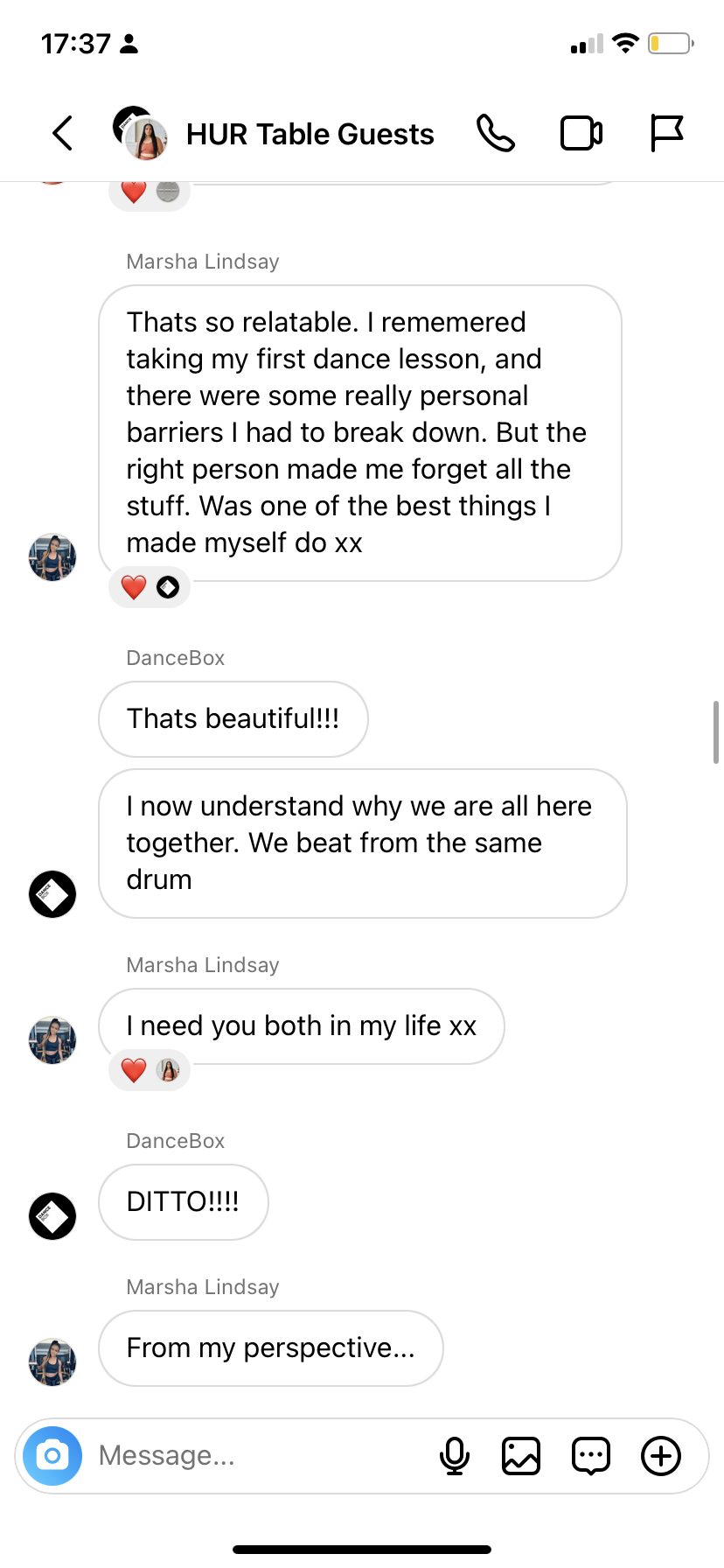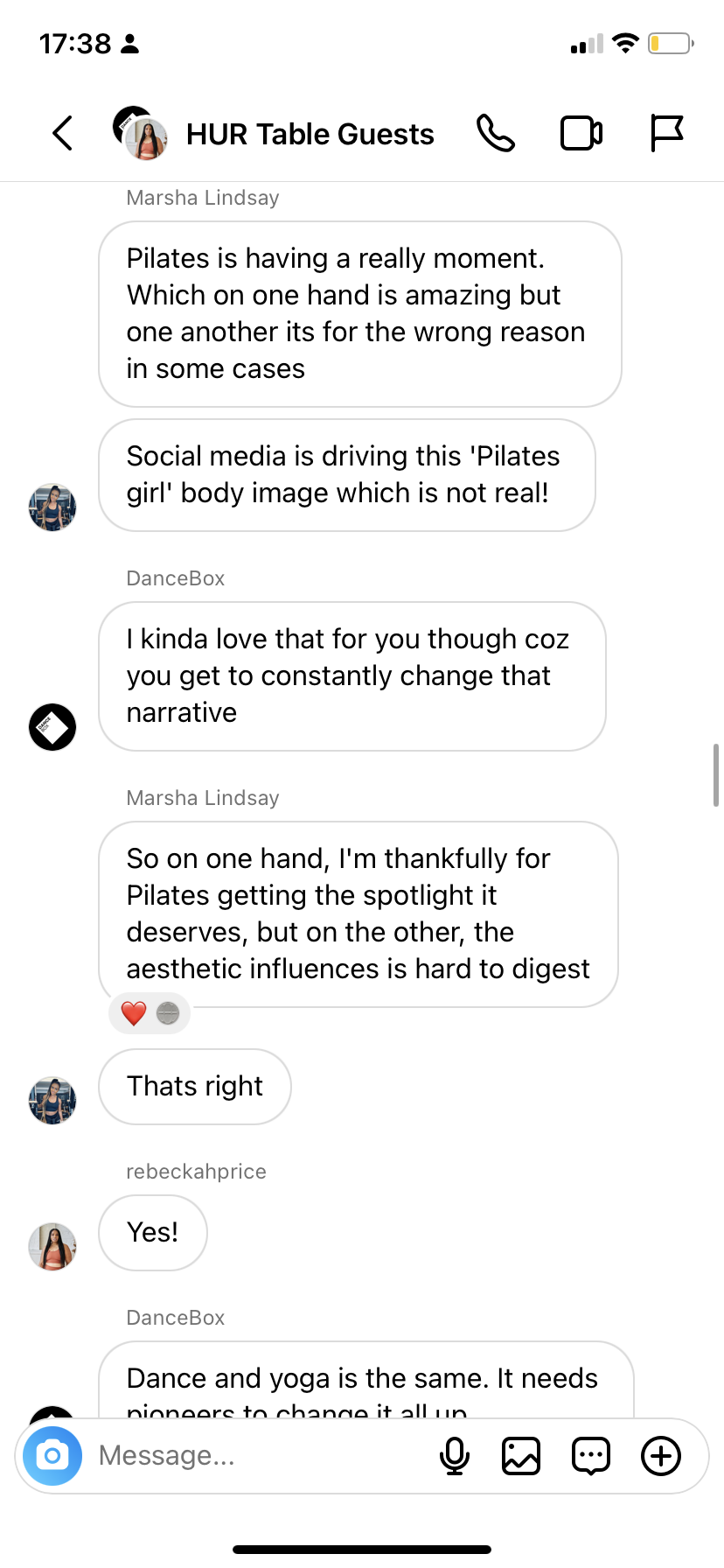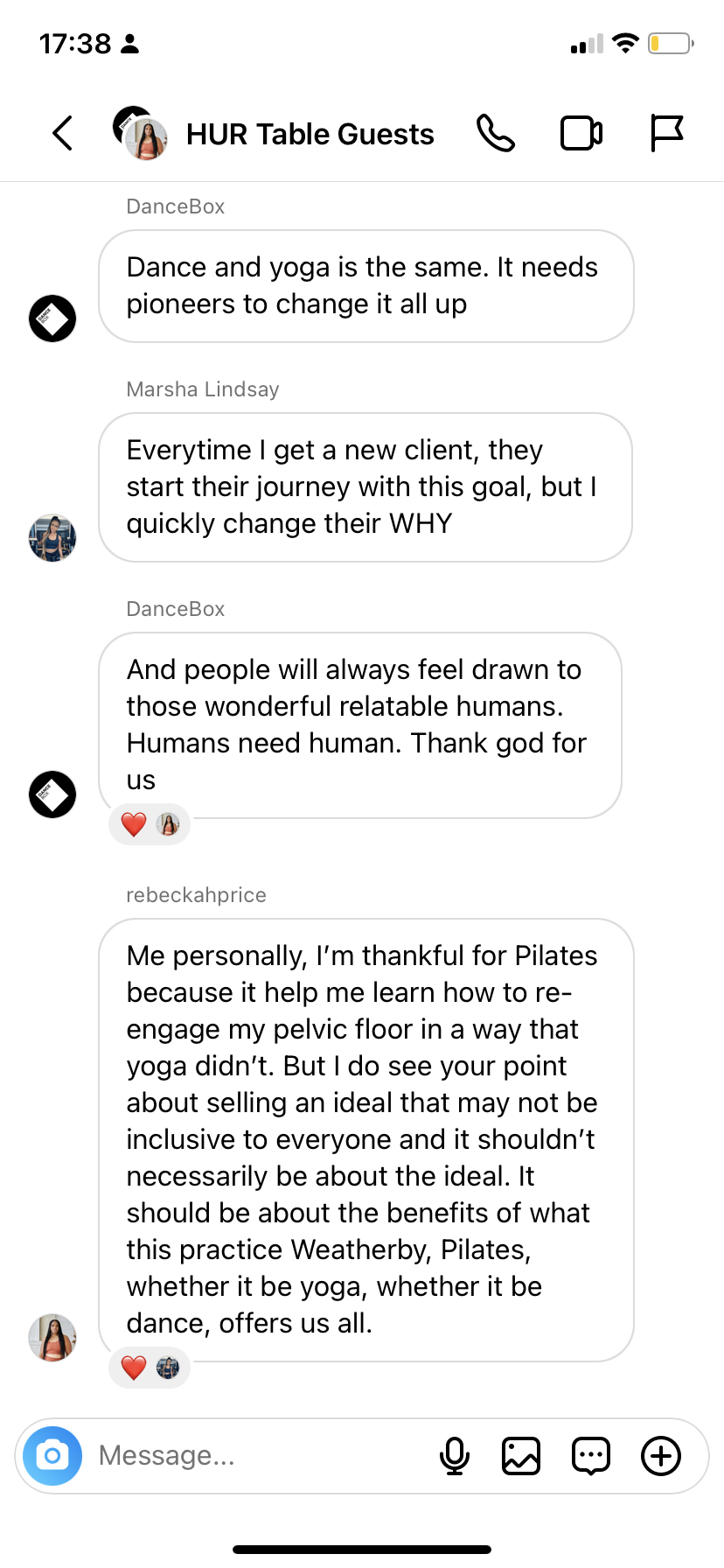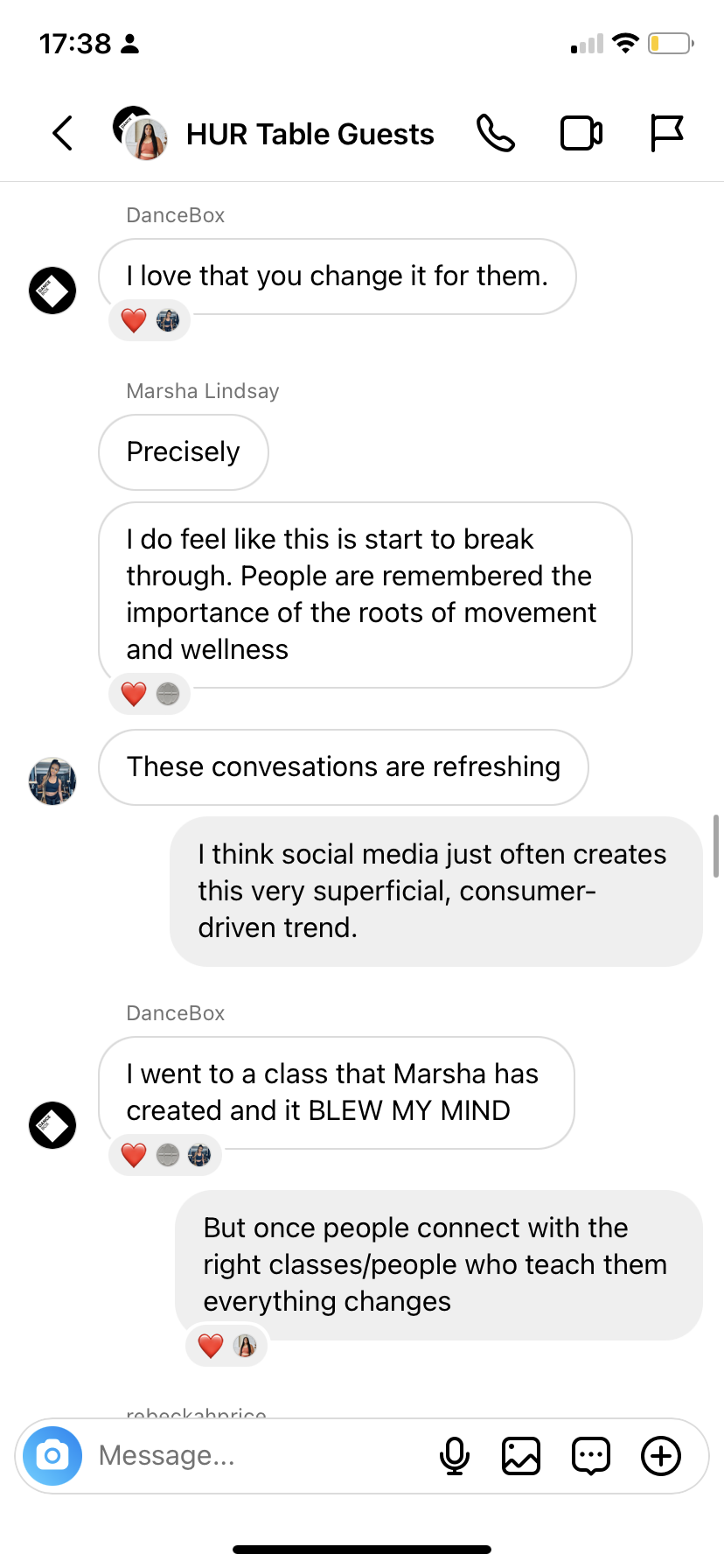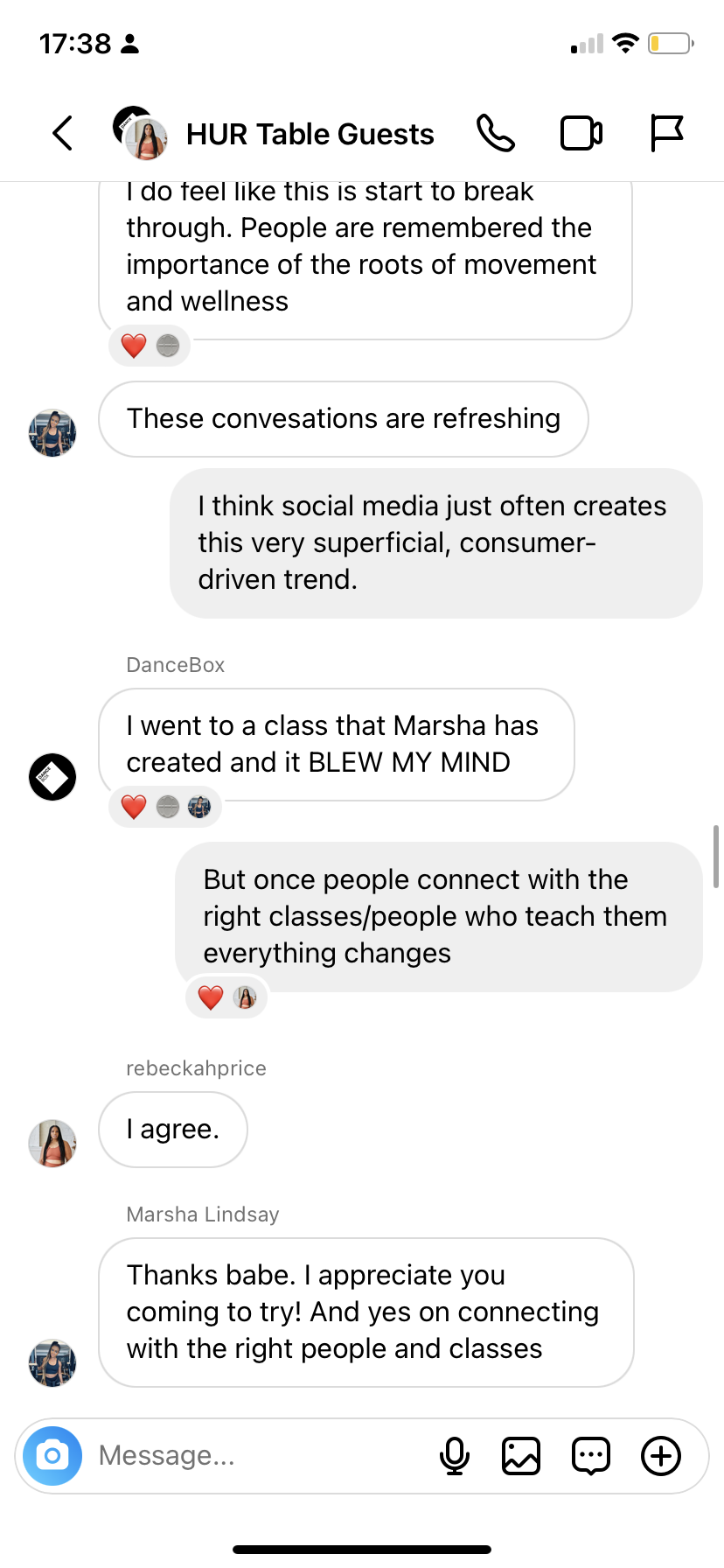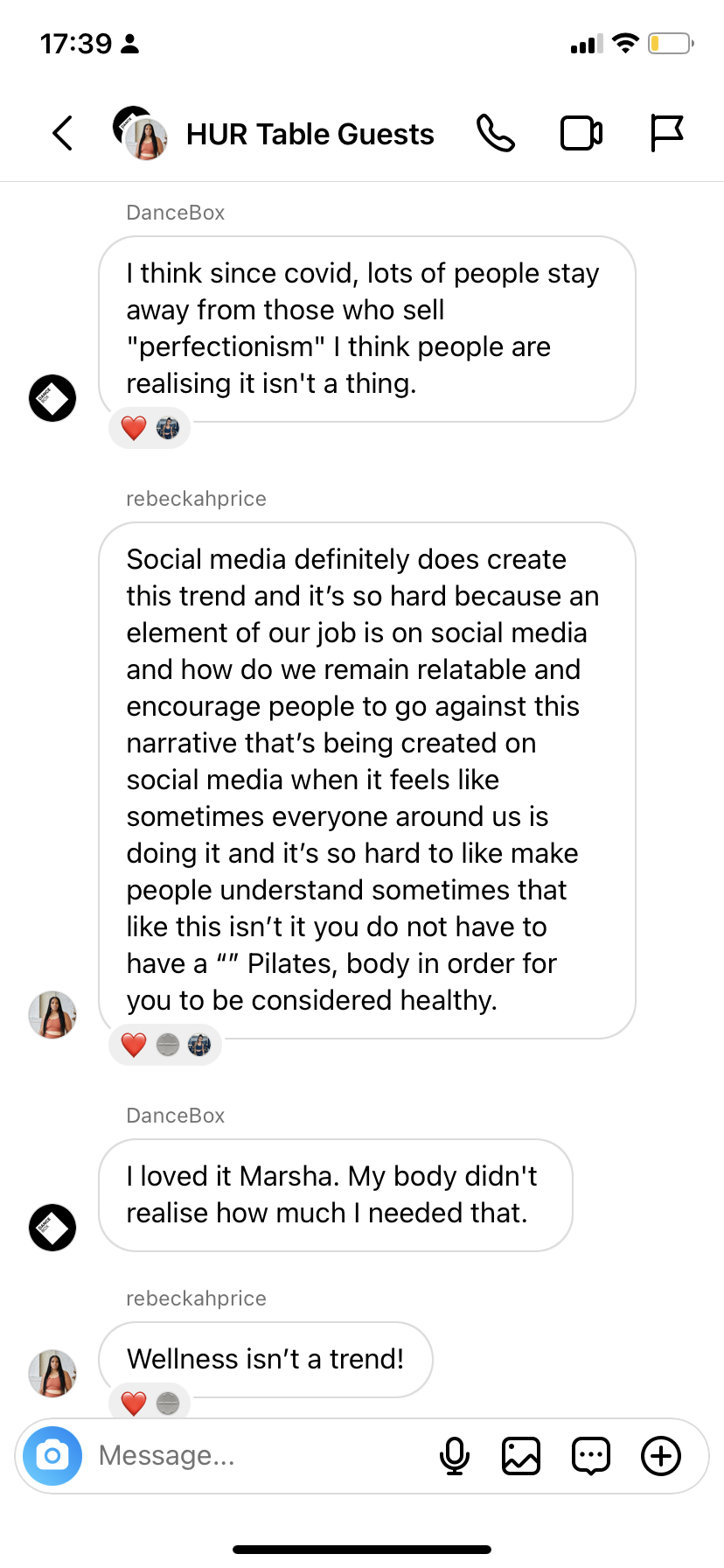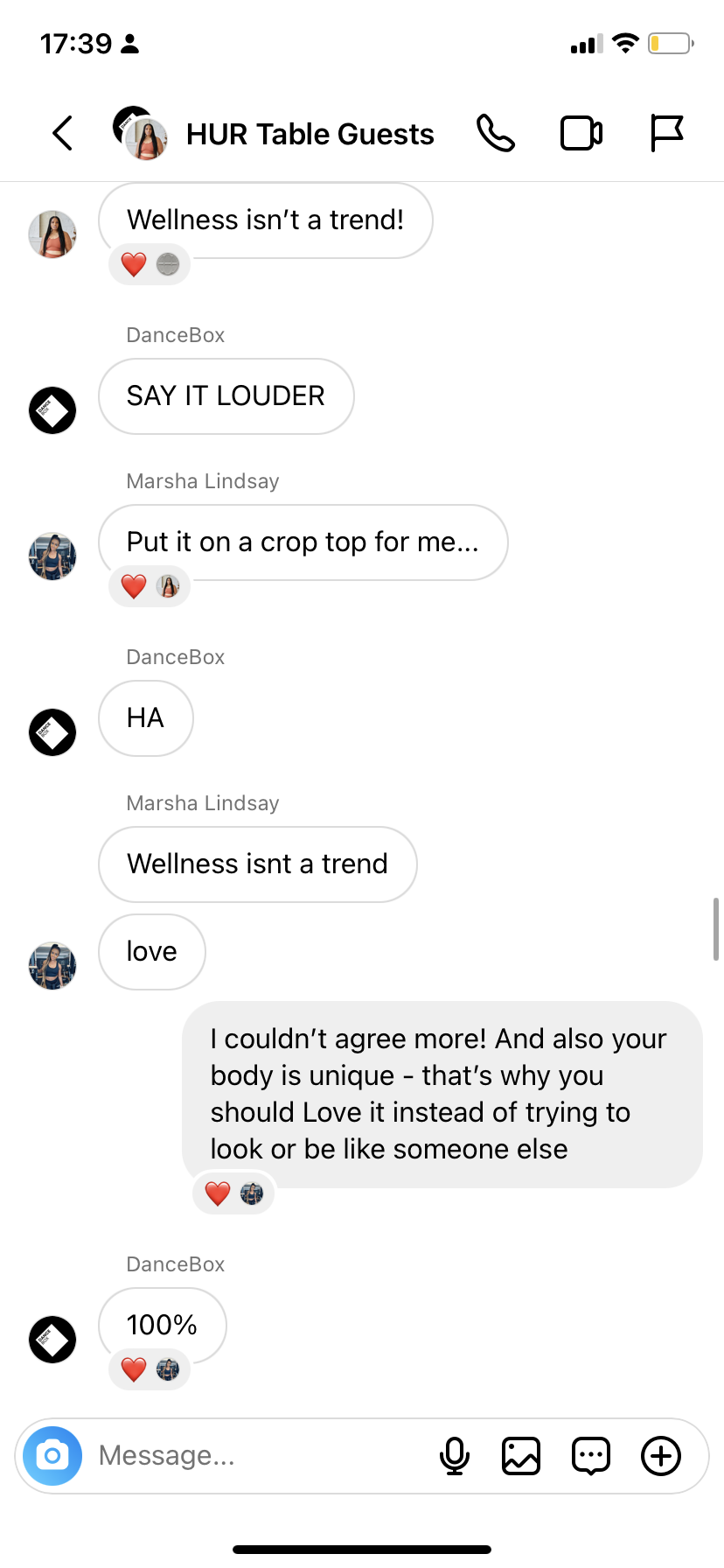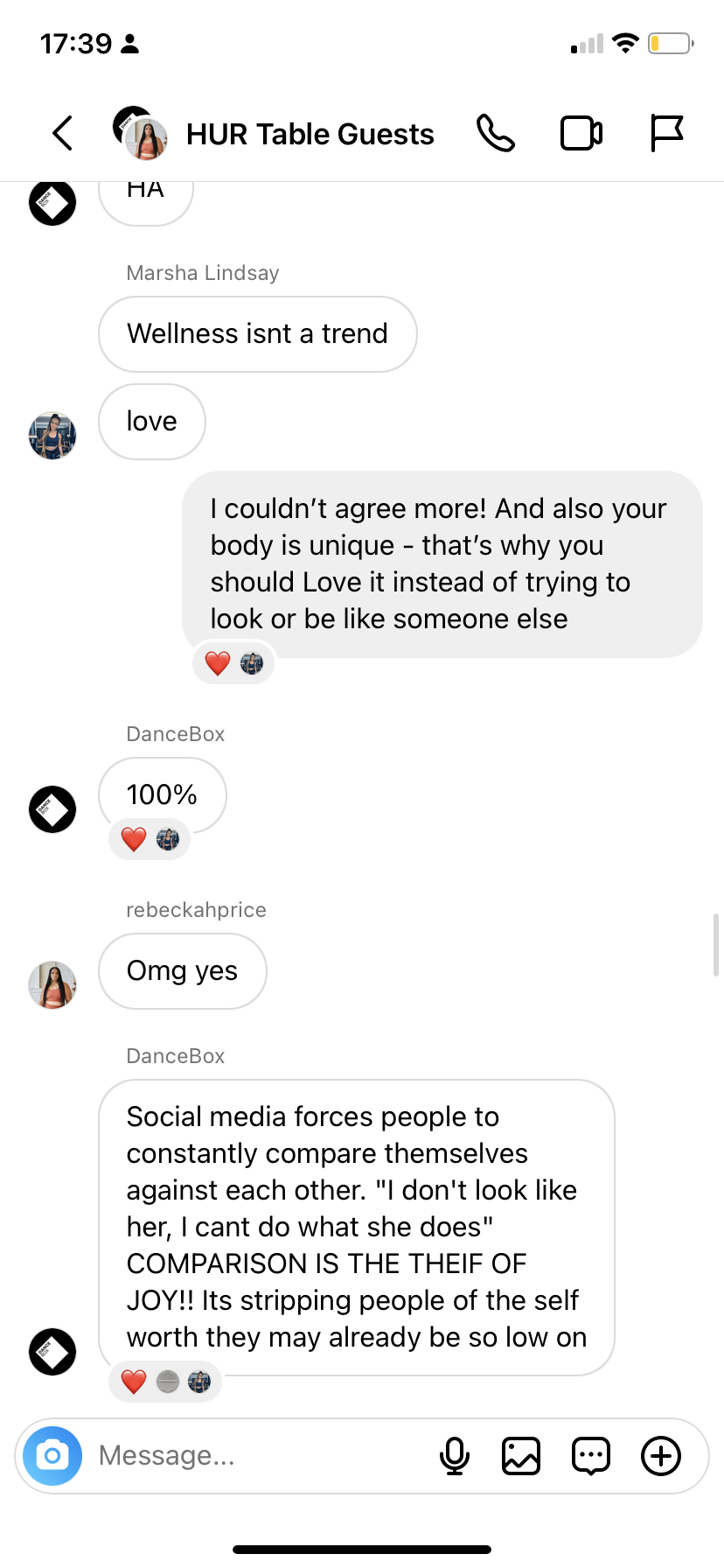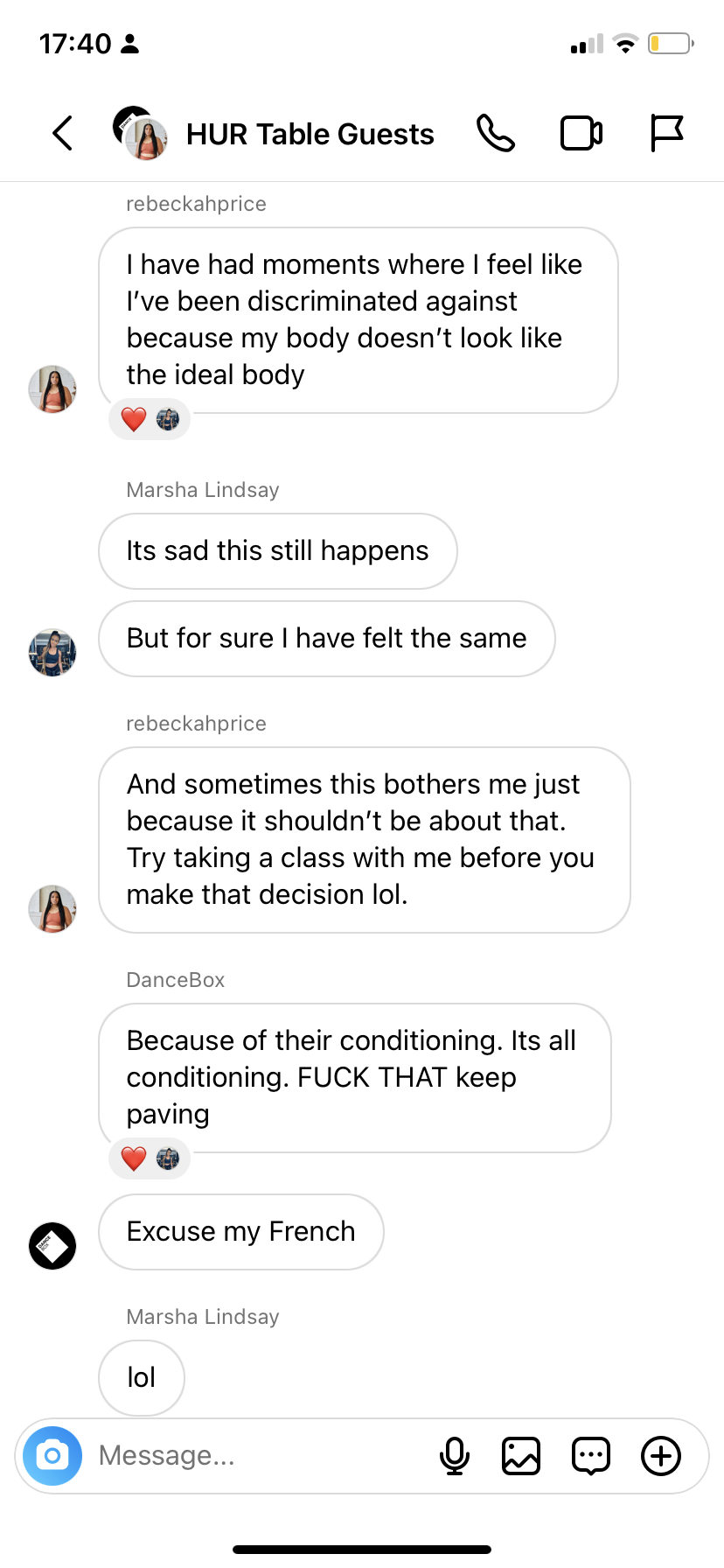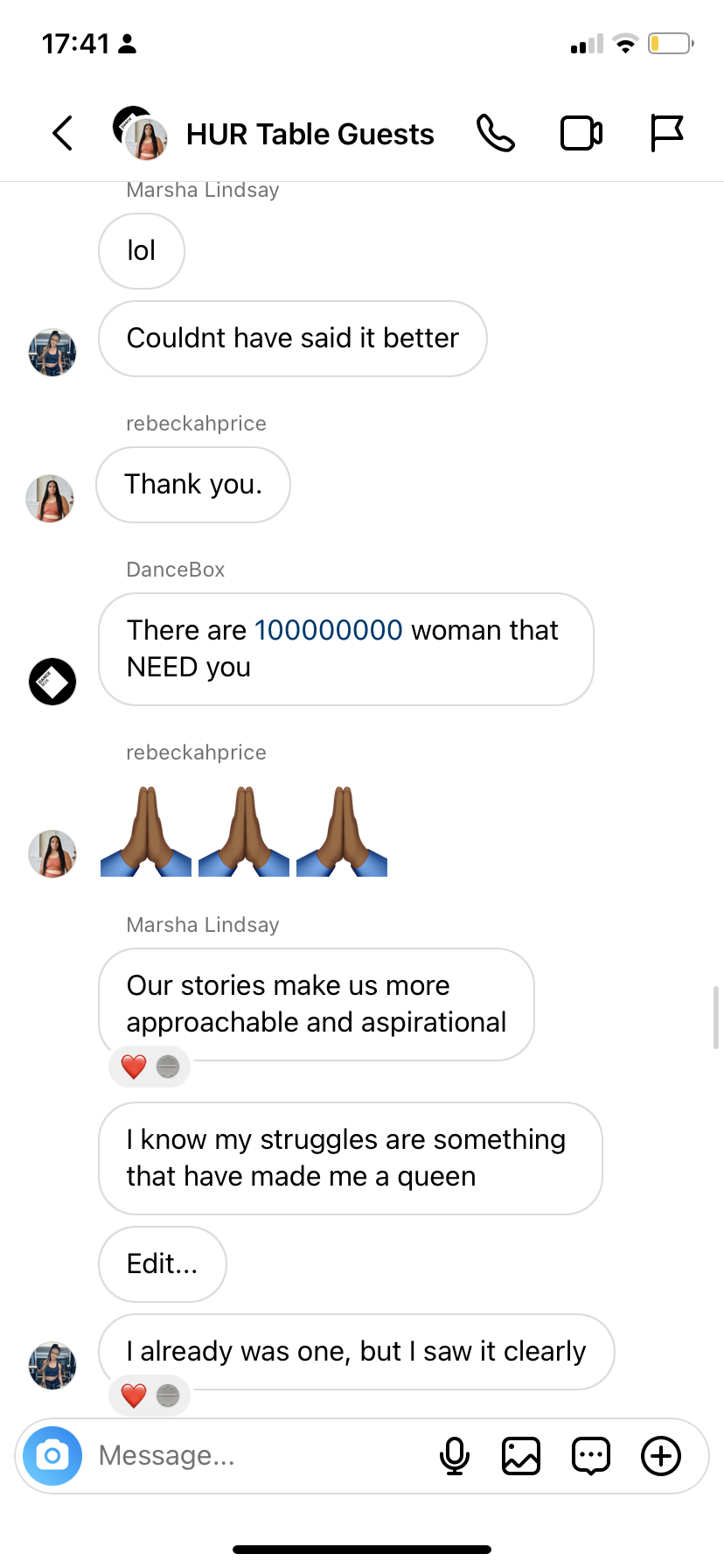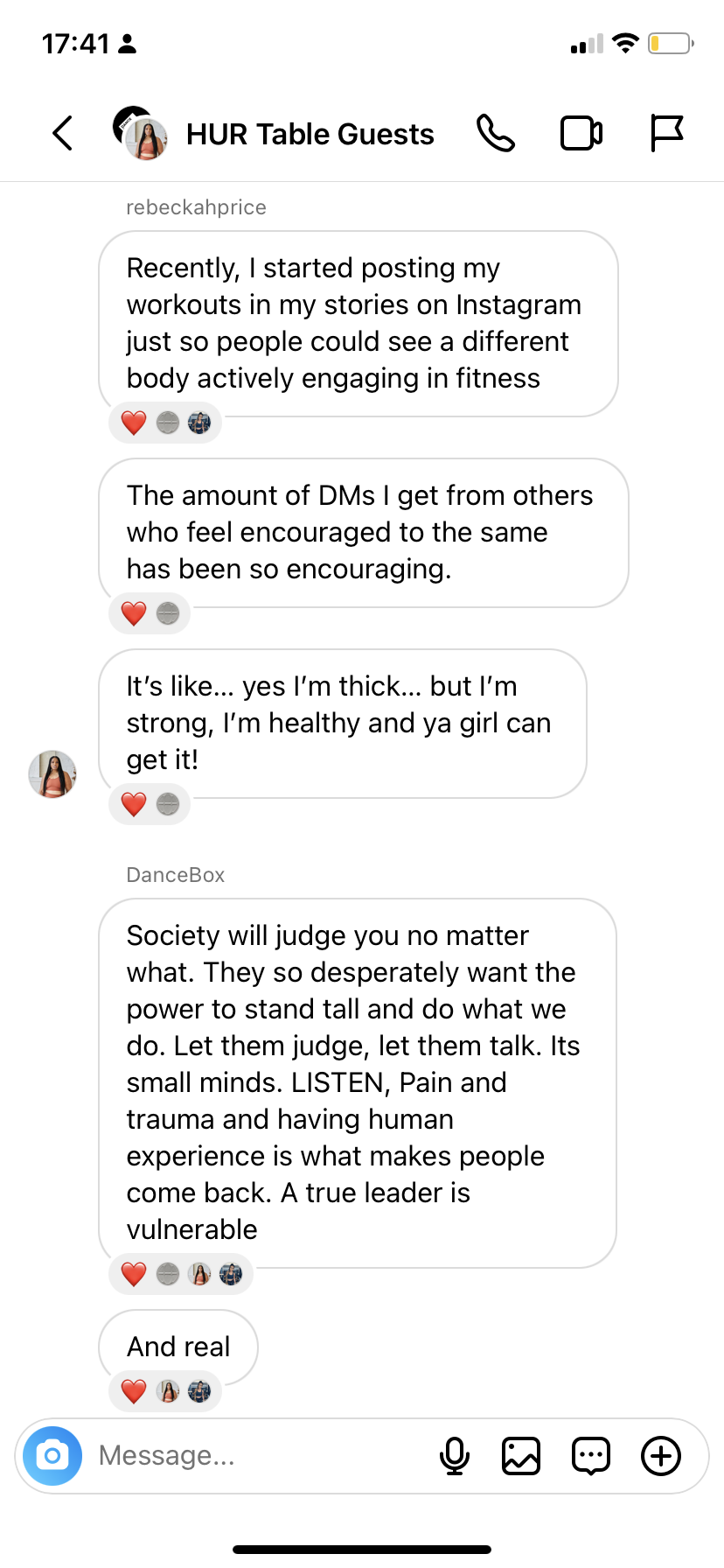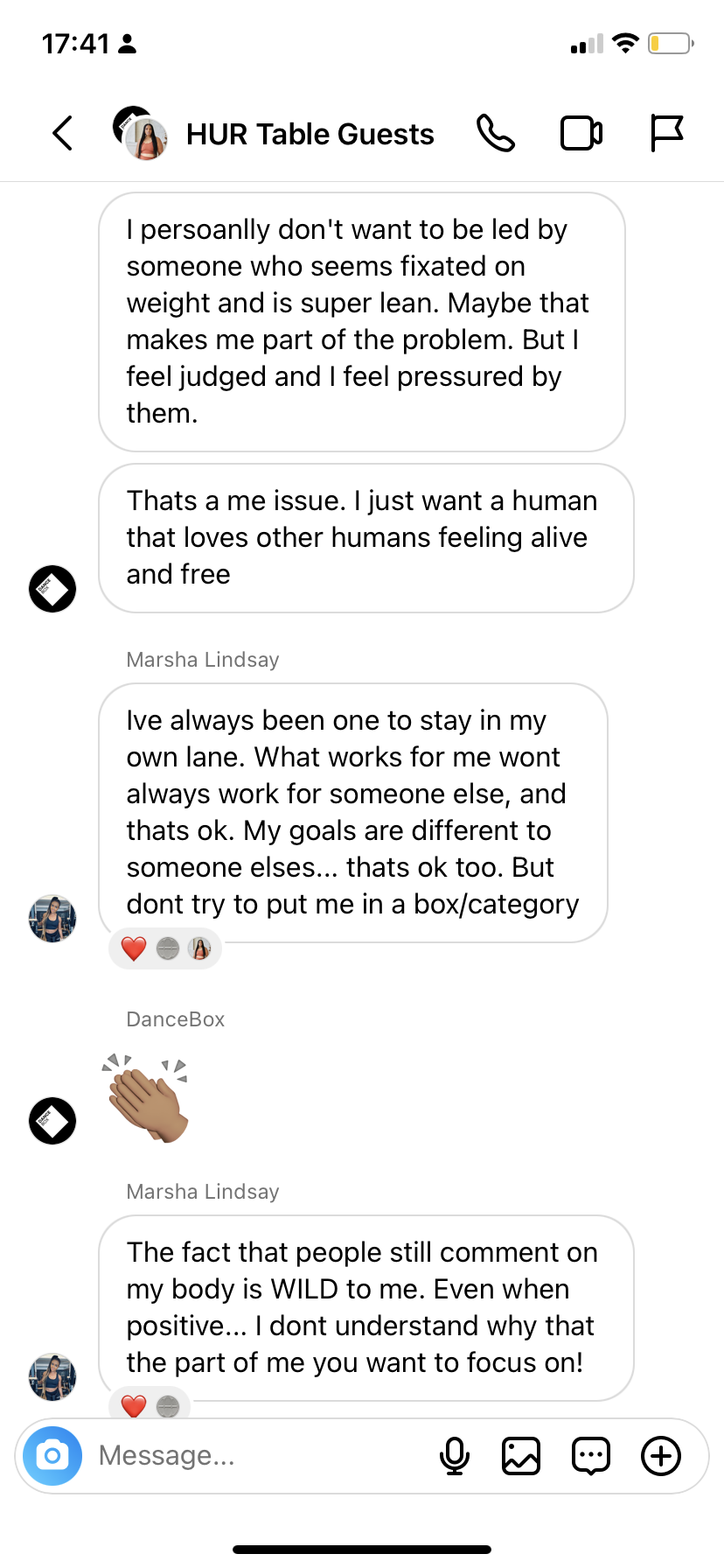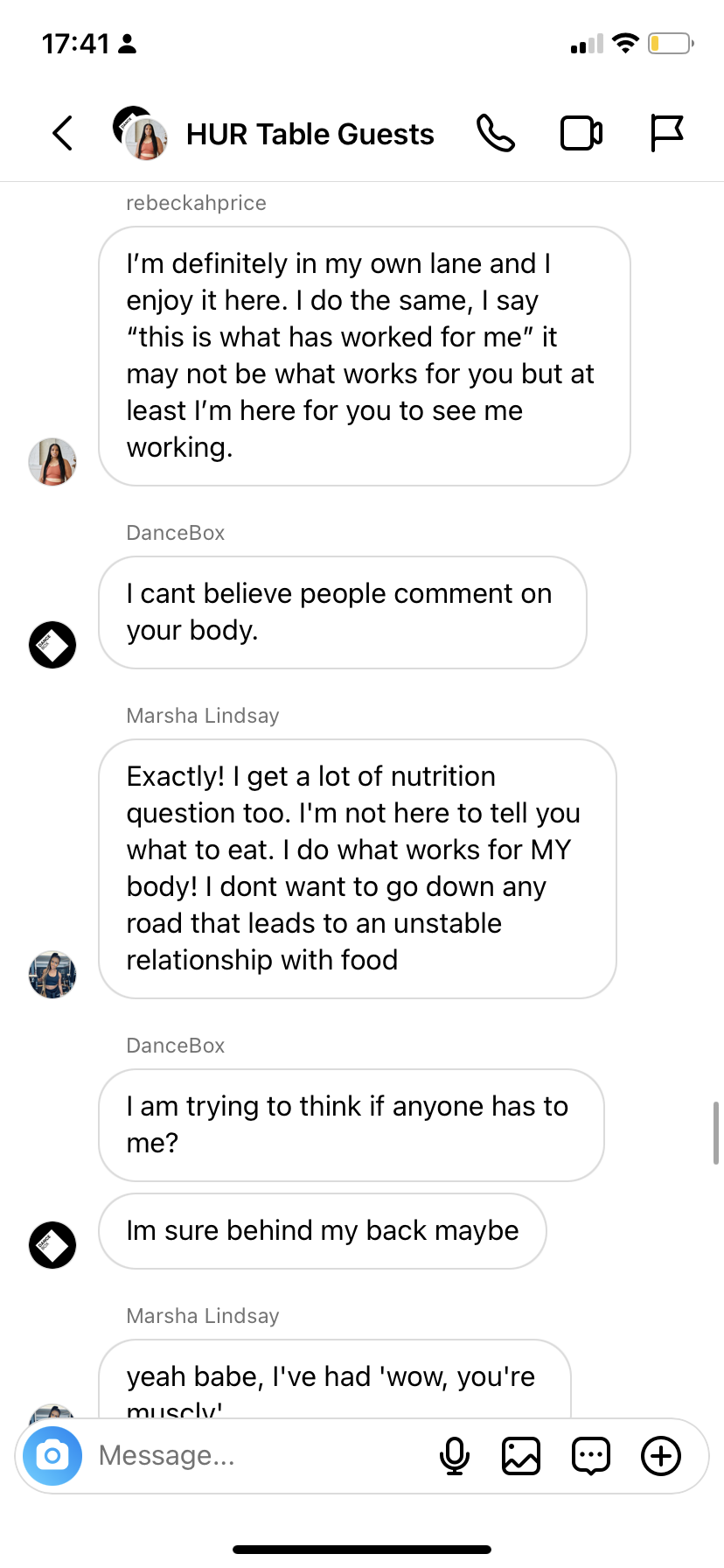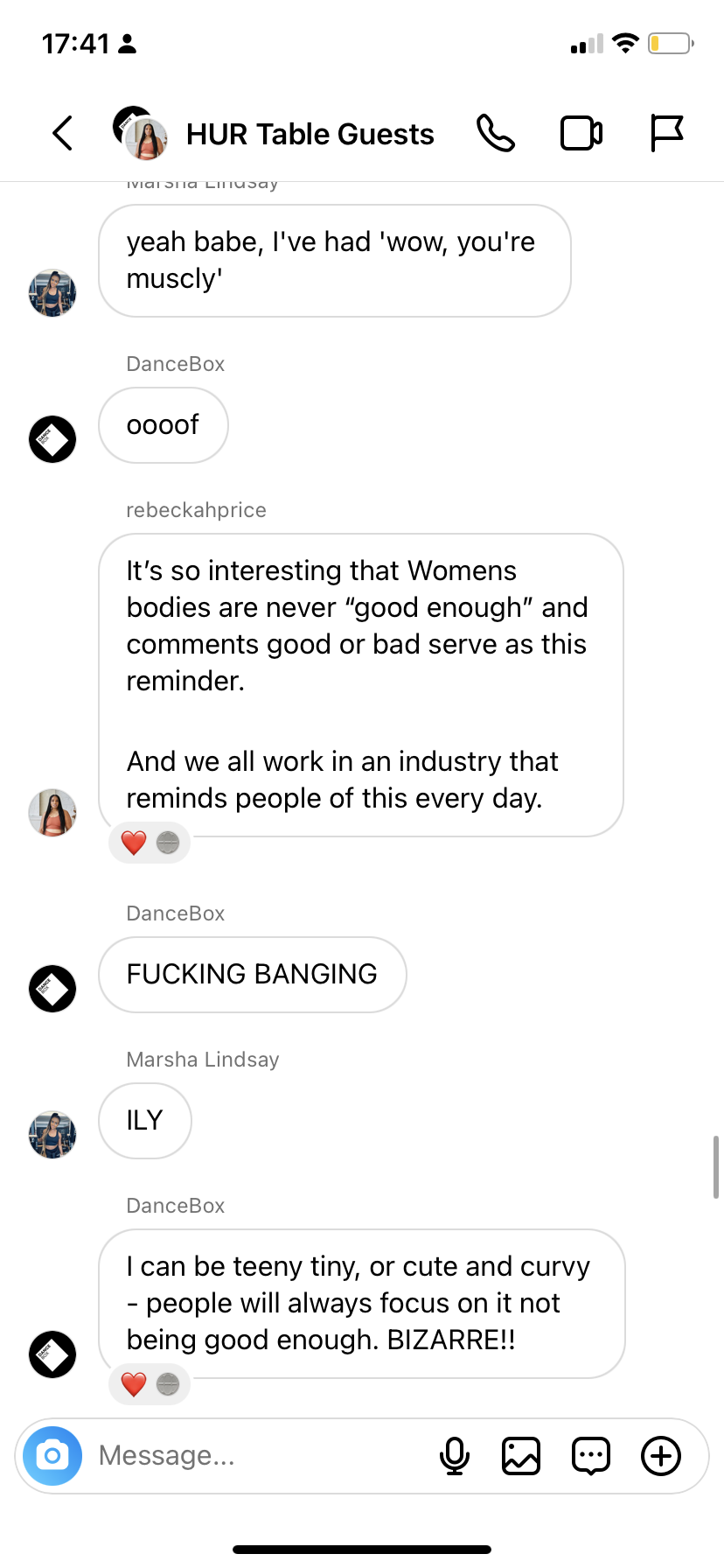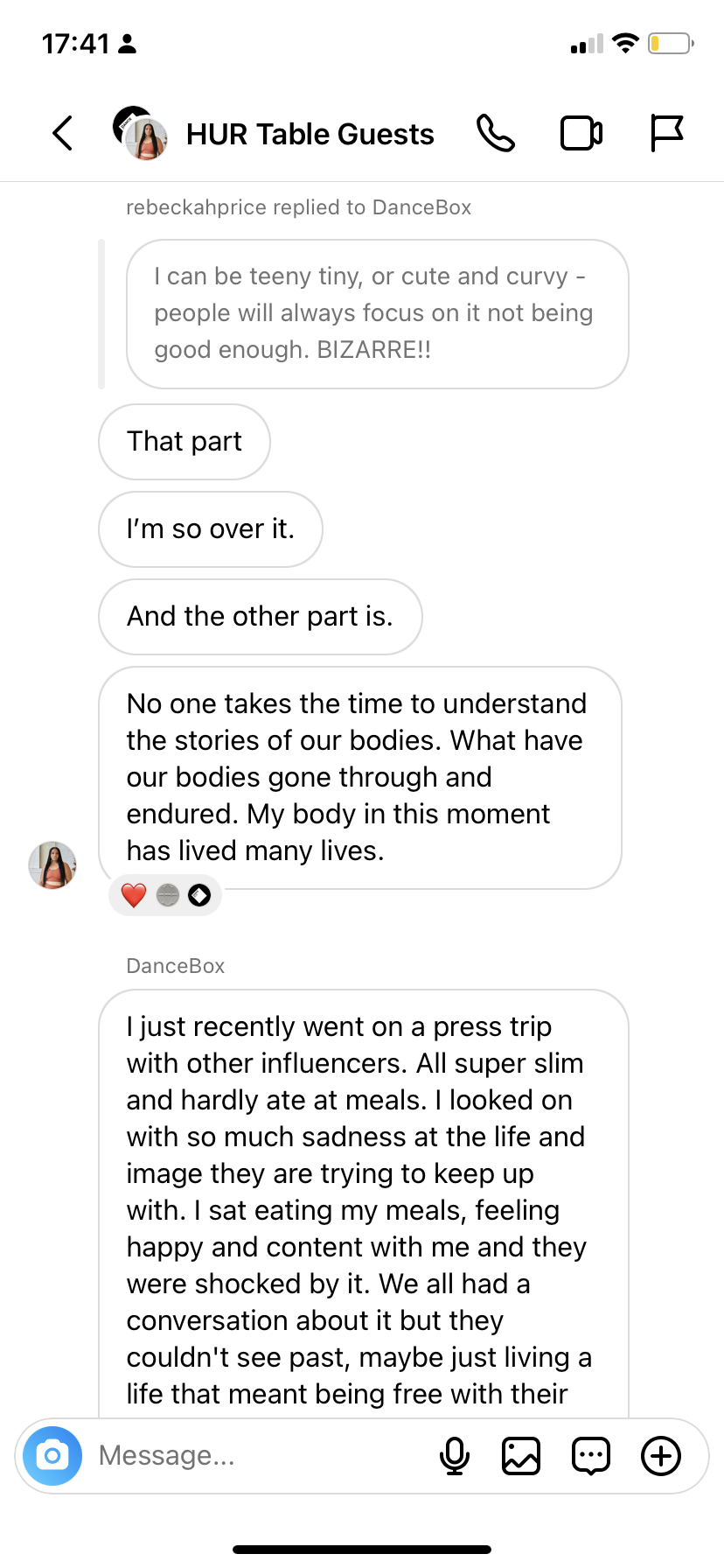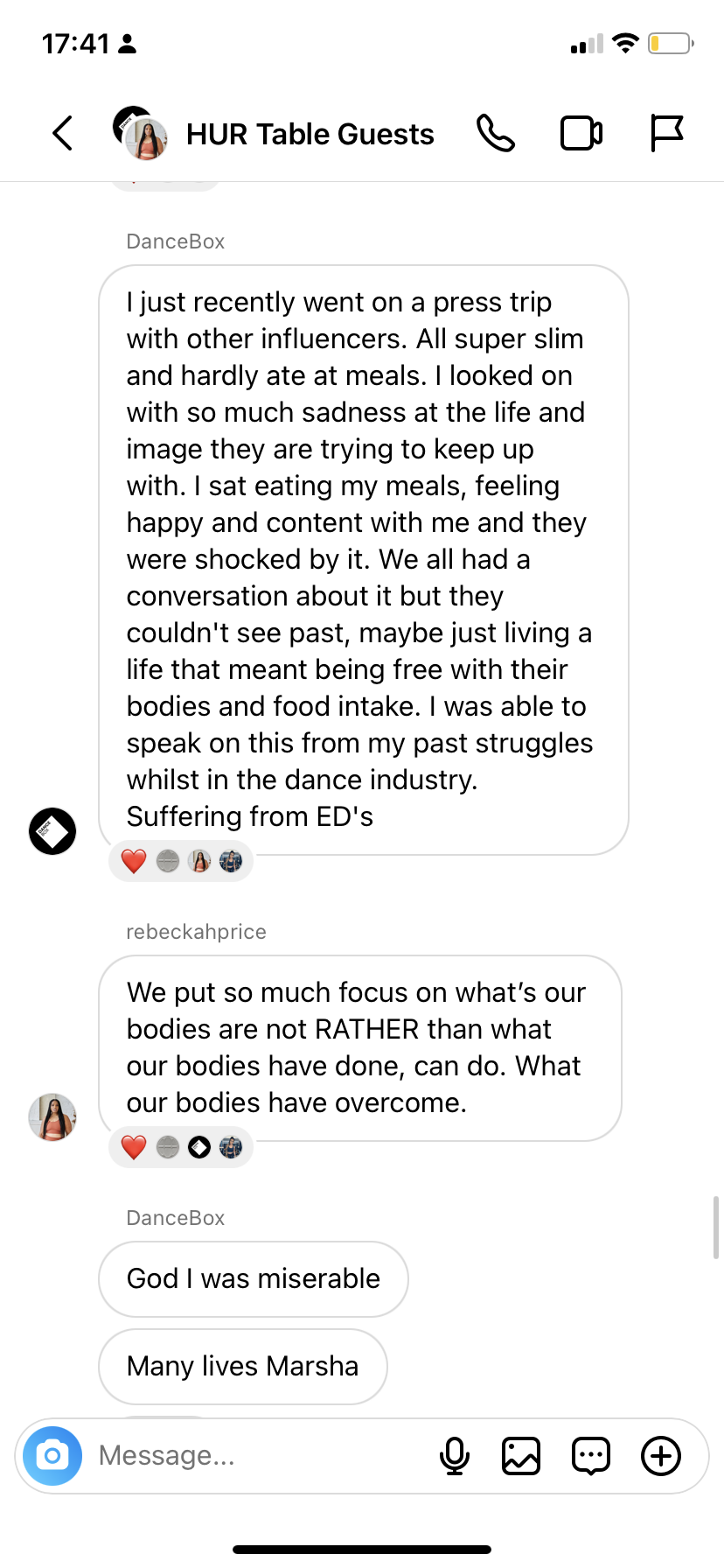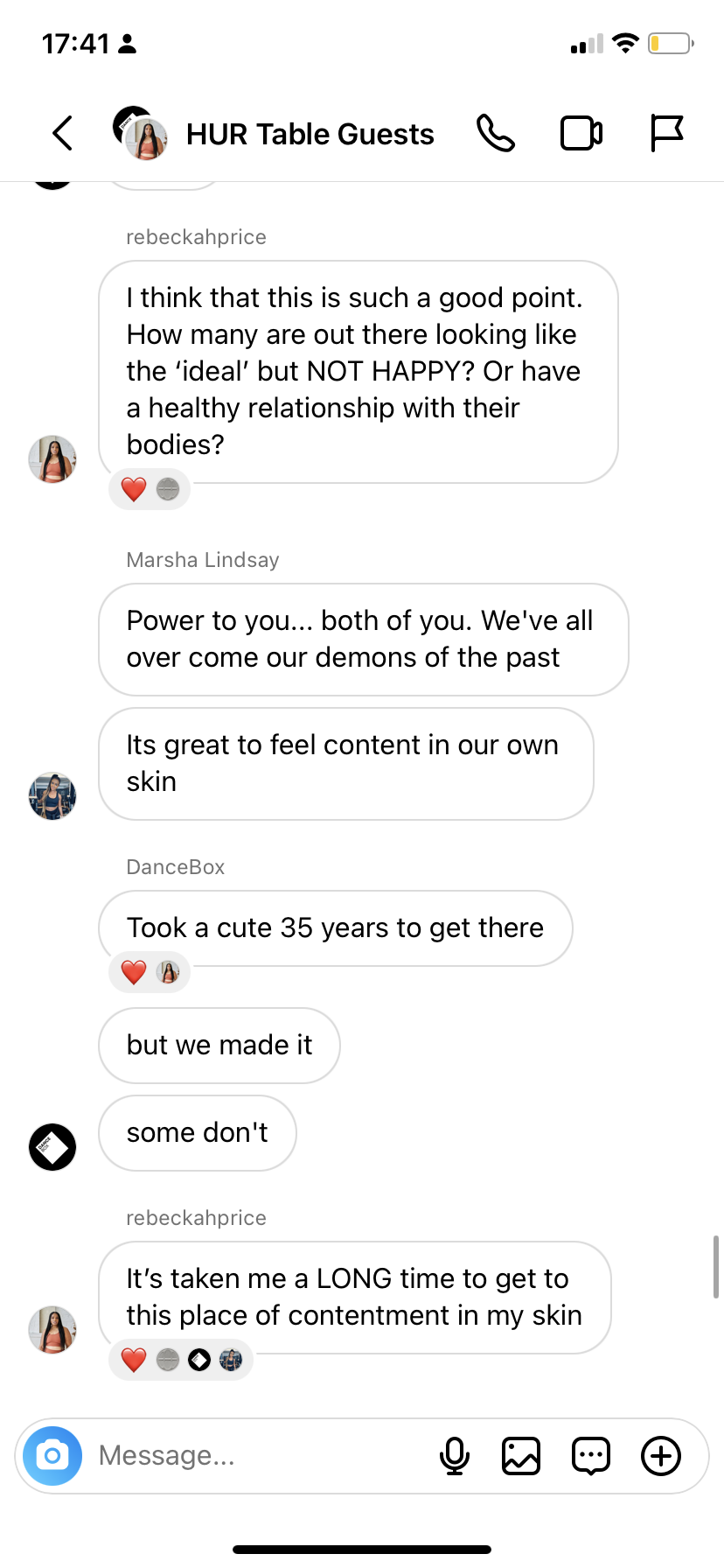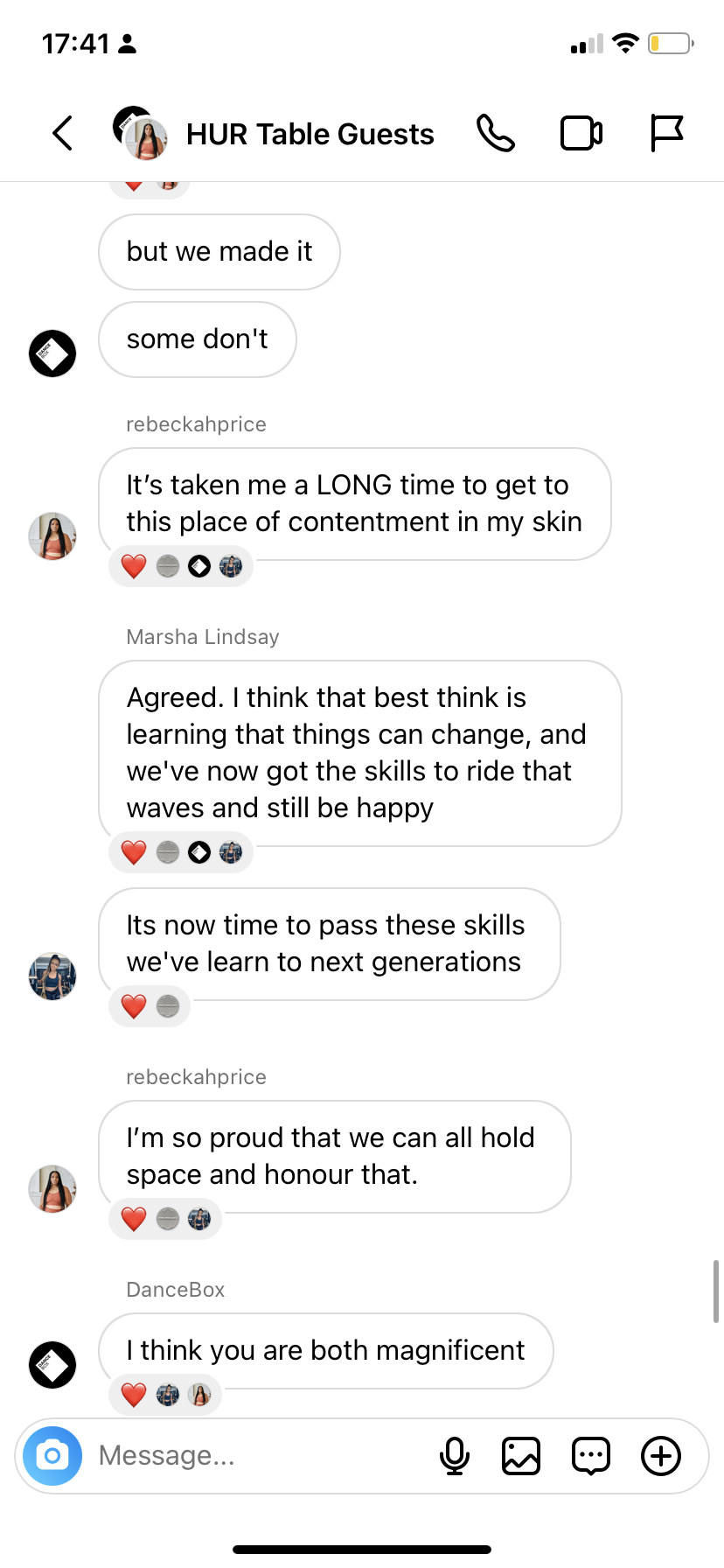Has Fitness Culture Really Changed?
Has Fitness Culture Really Changed?
With Marsha Lindsay, Illana Gambrill and Rebeckah Price
By HURS Team
For many, their relationship with fitness isn’t an easy one. The global $96.7 billion fitness industry has historically relied on a narrative of self-improvement, quick fixes and fads. But change is afoot. The pandemic led to an important shift in consumer mindset, from focusing on how you look to how you feel. Pre-pandemic the top workout driver was to control weight, while reducing stress and increasing mental wellbeing is now the leading reason why we move our bodies.
For many of us wellness has become a high priority – in a McKinsey survey of roughly 7,500 consumers in six countries, 79 percent of the respondents said they believe that wellness is important, and 42 percent consider it a top priority – and we look to social media for guidance and inspiration. 46 percent of consumers who participate in the fitness industry are influenced by social media in making their workout choices. While these platforms can be great tools to explore the world of wellness, they regularly become a place of toxic trends, singular idealized bodies and oversimplified fitness and nutritional advice. And the digitization of fitness doesn’t stop there. The rise of wearable technology enables us to monitor and track our fitness goals, giving us a sense of ownership and accountability. But simultaneously dilutes the concept of wellbeing to numbers on a screen, taking away the holistic approach to health we adopted post pandemic. It’s not surprising that we fall into these old patterns. For years, diet culture has paved the way for brands and the media to condition us to dislike our bodies to grow their bottom lines. So how do we change the narrative?
MARSHA LINDSAY
Marsha Lindsay has worked with luxury fitness brands for over a decade. As the founder and Creative Director of the first Nobu Pilates, Lindsay has quickly built a loyal following for her classes at the hotel in Central London. Before Nobu Pilates, Lindsay spent 11 years teaching classical pilates, and has been an educational teacher trainer for 6 years.
ILLANA GAMBRILL
Illana Gambrill is the founder behind DanceBox, a dance class created to bring an alternative to keeping fit. With DanceBox, Gambrill’s aim was to create an all inclusive, judgment free zone where everyone can unleash their most vulnerable selves onto the dance floor and be a part of a community. Gambrill hosts pop-up classes, gives classes at retreats and events and has an app with workouts available on subscription.
REBECKAH PRICE
Rebeckah Price is a yoga and meditation teacher and wellness advocate. She’s also the founder behind irise yoga + wellness, a studio that creates safe spaces centering BIPOC and other marginalized communities in supporting their wellness journey. Irise organizes yoga classes, wellness experiences and community conversations to reclaim Indigenous healing practices and cultivate space for individual and collective wellbeing. Price is also a Nike global trainer and runs the mental health-focused Instagram account @alkemehealth.
We asked three industry insiders who are championing a new way of approaching fitness how the fitness industry has changed, the effects of social media on how we view ourselves and the importance of embracing all bodies.
